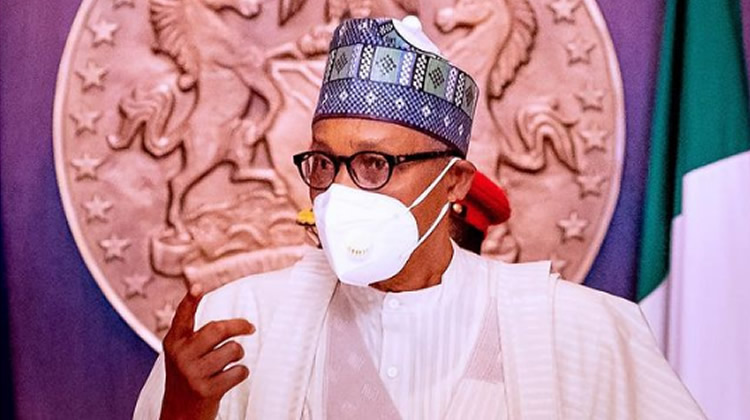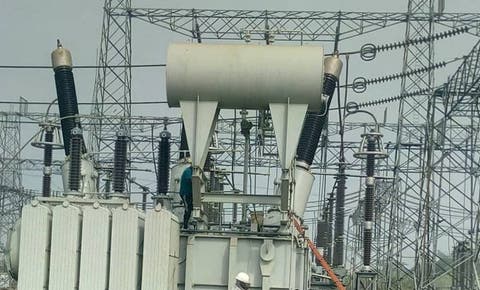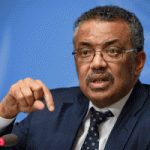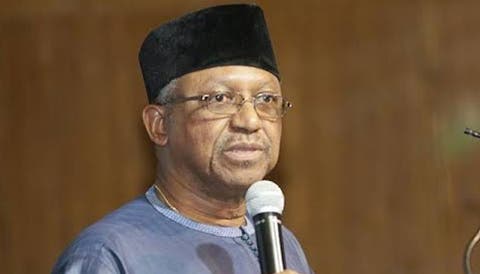The EU has warned Covid vaccine producers they must deliver agreed supplies, amid fears reductions could seriously hamper its inoculation drive.
AstraZeneca and Pfizer-BioNTech have both said production problems mean they cannot supply the expected numbers.
The EU warned it could restrict exports of vaccines made in the bloc, with Germany’s health minister demanding “fair distribution”.
The UK’s vaccine minister warned of “the dead end of vaccine nationalism”.
AstraZeneca is mainly produced in the UK, while the UK’s supplies of the Pfizer-BioNTech vaccine come from the company’s Belgian plant.
Vaccine supply has become a critical issue as nations seek to stem high infection rates.
Separately, the German health ministry joined AstraZeneca in strongly denying some reports in German media of a lower efficacy rate for its vaccine among older people.
Last week, AstraZeneca told the EU it was falling behind on its supply target because of production problems and Pfizer-BioNTech has also said supplies of its vaccine will be lower.
In response, EU Health Commissioner Stella Kyriakides has now said companies making Covid vaccines in the bloc will have to “provide early notification whenever they want to export vaccines to third countries”.
She said the 27-member EU bloc would “take any action required to protect its citizens”.
German Health Minister Jens Spahn backed her call, saying: “This is not about EU first, this is about Europe’s fair share.”
Chancellor Angela Merkel told the virtual version of the annual World Economic Forum, usually held in Davos, there should be a “fair distribution” across the world.
European Commission chief Ursula von der Leyen earlier told forum: “Europe invested billions to help develop the world’s first Covid-19 vaccines. And now, the companies must deliver. They must honour their obligations.”
The row could affect supplies to the UK of the Pfizer-BioNTech vaccine.
Responding to the EU’s comments, the UK’s Minister for Covid Vaccine Deployment Nadhim Zahawi said on Tuesday that supplies were “tight” and warned against what he called “the dead end of vaccine nationalism”, adding: “No-one is safe until the whole world is safe.”
He said he was confident the UK would receive enough doses to meet its targets – a first dose to 15 million of the most vulnerable by mid-February and to offer all adults their first dose by autumn.
The EU has already faced criticism for the slow rollout of vaccines, which it buys on behalf of all member states.
Ms Kyriakides tweeted that Monday’s talks with AstraZeneca “resulted in dissatisfaction with the lack of clarity and insufficient explanations”.
She said the EU had requested “a detailed planning of vaccine deliveries” and the next meeting with the company would be held on Wednesday.
AstraZeneca, a UK-Swedish multinational headquartered in England, said it was “doing everything it can to bring its vaccine to millions of Europeans as soon as possible”.
The AstraZeneca vaccine is being used already in the UK but has not yet been approved by the EU, although the European Medicines Agency (EMA) is expected to green light it at the end of this month.
The bloc signed a deal in August for 300 million doses, with an option for 100 million more. The EU had hoped that, as soon as approval was given, delivery would start straight away, with some 80 million doses arriving in the 27 nations by March.
Last week, AstraZeneca said “reduced yields at a manufacturing site within our European supply chain” meant the number of initial doses for EU member states would be lower.
Officials have not confirmed publicly how big the shortfall will be, but Reuters news agency reported that deliveries would be reduced to 31 million – a cut of 60% – in the first quarter of this year.
An AstraZeneca partner plant in Belgium involved in the “viral vector” process – the delivery of genetic material into cells – is thought to be the problem.
But one German member of the European Parliament, Peter Liese, told Reuters news agency that the statement that there were difficulties in the EU supply chain but not elsewhere was “flimsy” and there should be “no problem to get the vaccine from the UK to the continent”.
European officials familiar with Monday’s EU-AstraZeneca meeting said the company had offered to bring forward deliveries by a week to 7 February, but this did not mean an increase in supplies for the quarter.
The Serum Institute of India also produces a large amount of AstraZeneca jabs, but has no immediate plans to divert to the EU.
Other nations, including Australia and Thailand, have said they have also been told of a drop in AstraZeneca supply.
The AstraZeneca reduction is a serious blow in the wake of Pfizer-BioNTech’s statement.
Pfizer-BioNTech said last week it was delaying shipments for the next few weeks because of work to increase capacity at its Belgian plant.
The EU has ordered 600 million doses of Pfizer-BioNTech, which is already being used on patients around the bloc.
Ursula von der Leyen has pledged to inoculate 70% of adults in the EU by the end of August.









Comments are closed.